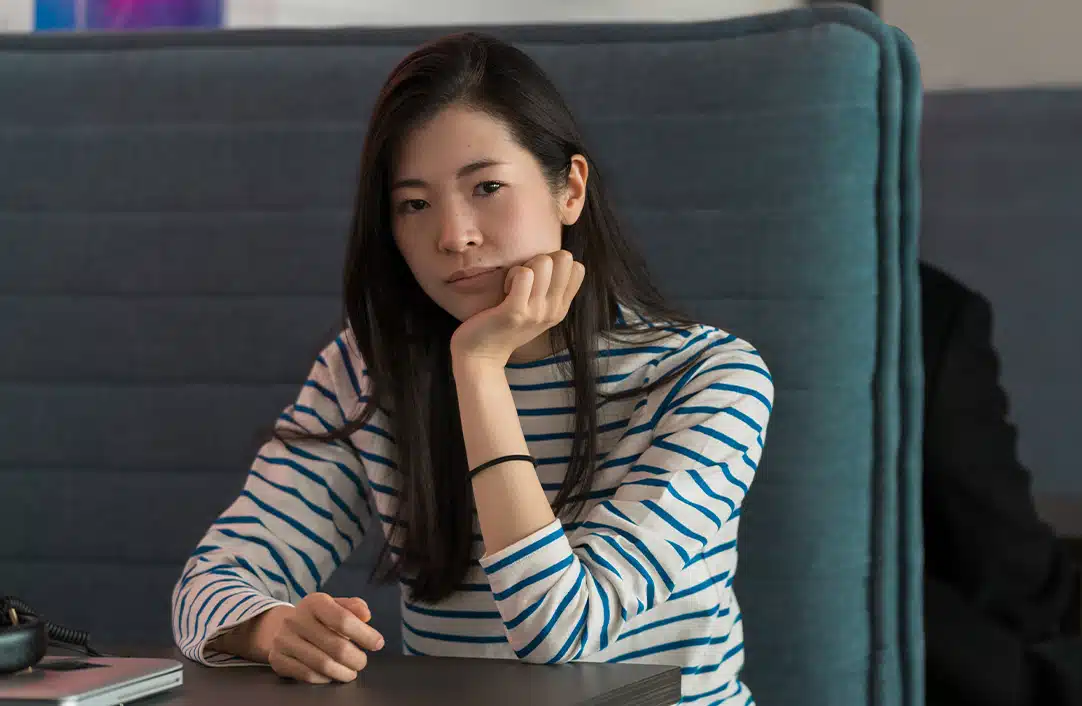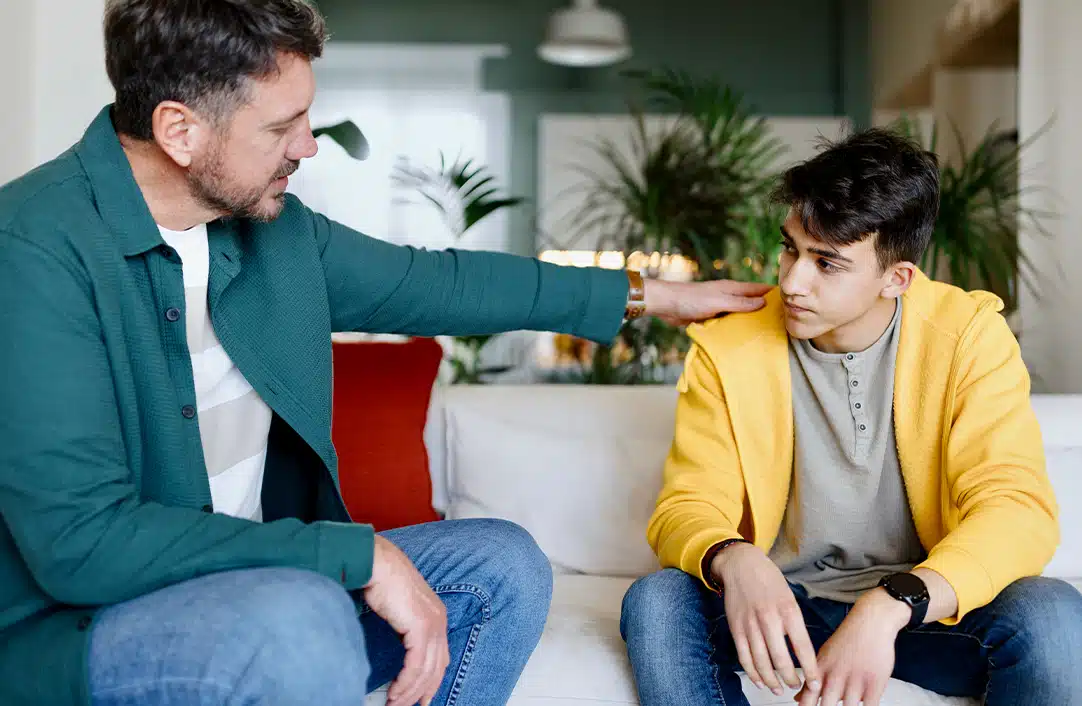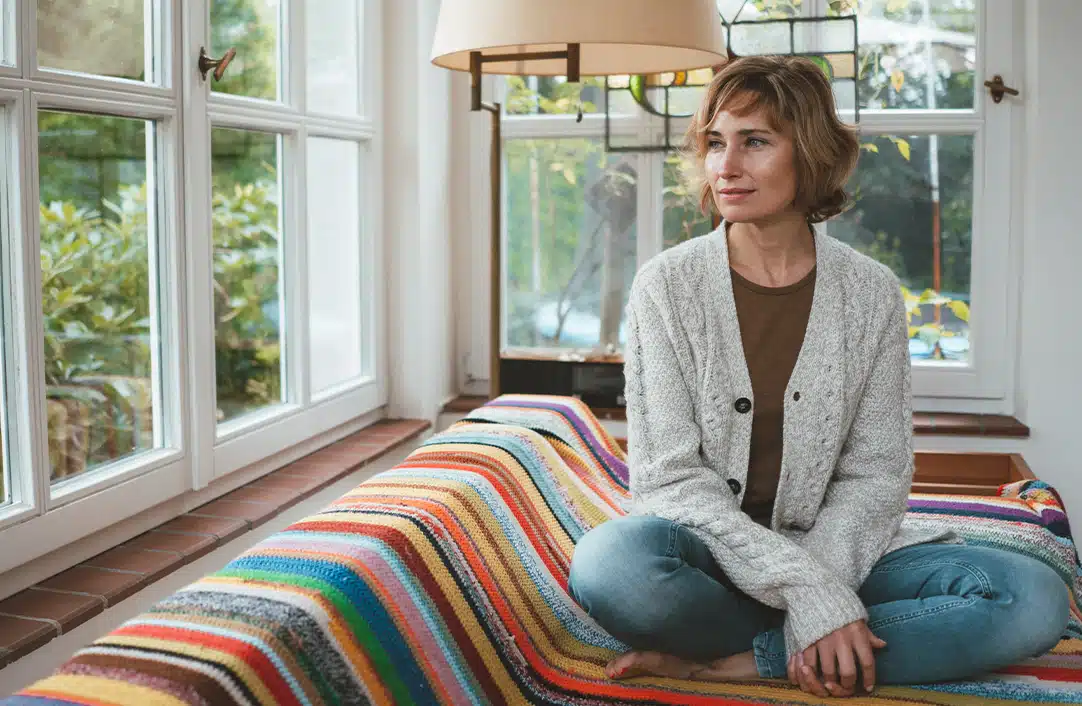
The Challenge of Disclosing Your Abuse
Imagine that you’re wearing an invisible backpack filled with heavy rocks. No matter what activity you’re doing—whether you’re shopping at the grocery store, picking up your child from school, or going out on a romantic date—you’re wearing that invisible backpack. It’s always on your mind, and it’s always sapping your energy. Often people around you can’t understand your behavior. Why do you seem distracted? Why are you tired all the time? In your mind, the reason is clear: you’re carrying a heavy burden all day every day.
As a survivor of childhood sexual abuse, you might have moments when you feel like you’re carrying an invisible weight. Others can’t see it, but to you, it’s there and it’s real. At some point you might consider telling others about your abuse, taking the invisible and making it visible, but the thought of disclosing can be overwhelming and scary. Here are a few helpful things to know.
If you haven’t disclosed, you’re not alone
Nondisclosure is actually common among survivors of childhood sexual abuse. A review of studies about sexual abuse revealed that “significant numbers of children do not disclose experiences of sexual abuse until adulthood” and “significant proportions of adults have never disclosed.” One study found that 26% of adult survivors had never disclosed their abuse until the time of the study.1
There are lots of reasons that people don’t disclose: shame for what happened, fear that the perpetrator will retaliate somehow, the desire to protect a family member, even doubt that memories are accurate and abuse happened at all.2 Sadly, the younger a child is when their abuse occurred and the closer their relationship to the perpetrator, the less likely they are to disclose.1 If you haven’t disclosed your abuse, you shouldn’t feel bad or guilty. Deciding if and when to disclose is a challenge that every survivor faces.
Disclosing is a complicated process—but it can help on your healing journey
Disclosing typically isn’t a simple, one-time event. It’s a complicated process that usually involves a series of partial disclosures to test people’s reactions to information and ensure that it’s safe to say more. In fact, many survivors describe the “emotional and cognitive processes involved in the decision to disclose . . . as overwhelming.”3 If these are questions that you’re currently trying to figure out, you’re not alone.
We know that the thought of disclosing can be scary. In fact, it might sound impossible. But there are some potential benefits that can come to you on your healing journey. Remember the invisible backpack? Telling others about your abuse can make your load feel lighter. People can help more if they understand what you’re going through.
Your story has power
Remember that your story has power, and remember that your story is yours. Benefits can come from disclosing, but make sure the time is right. Disclosing abuse requires some vulnerability, so try to select people you trust. You don’t have control over the way people respond to what you tell them, but you can seek out loving and supportive friends and family. Ultimately, only you can decide who to tell and how much to say, and these are important questions for you to think through. Be thoughtful and purposeful in what you share with others, and you might open up a new door on your healing journey as you take your story out of the dark and shed some light on it.
Recent blogs

Common Symptoms Experienced by Adult Survivors of Child Sexual Abuse

Statute of Limitations on Sexual Abuse
